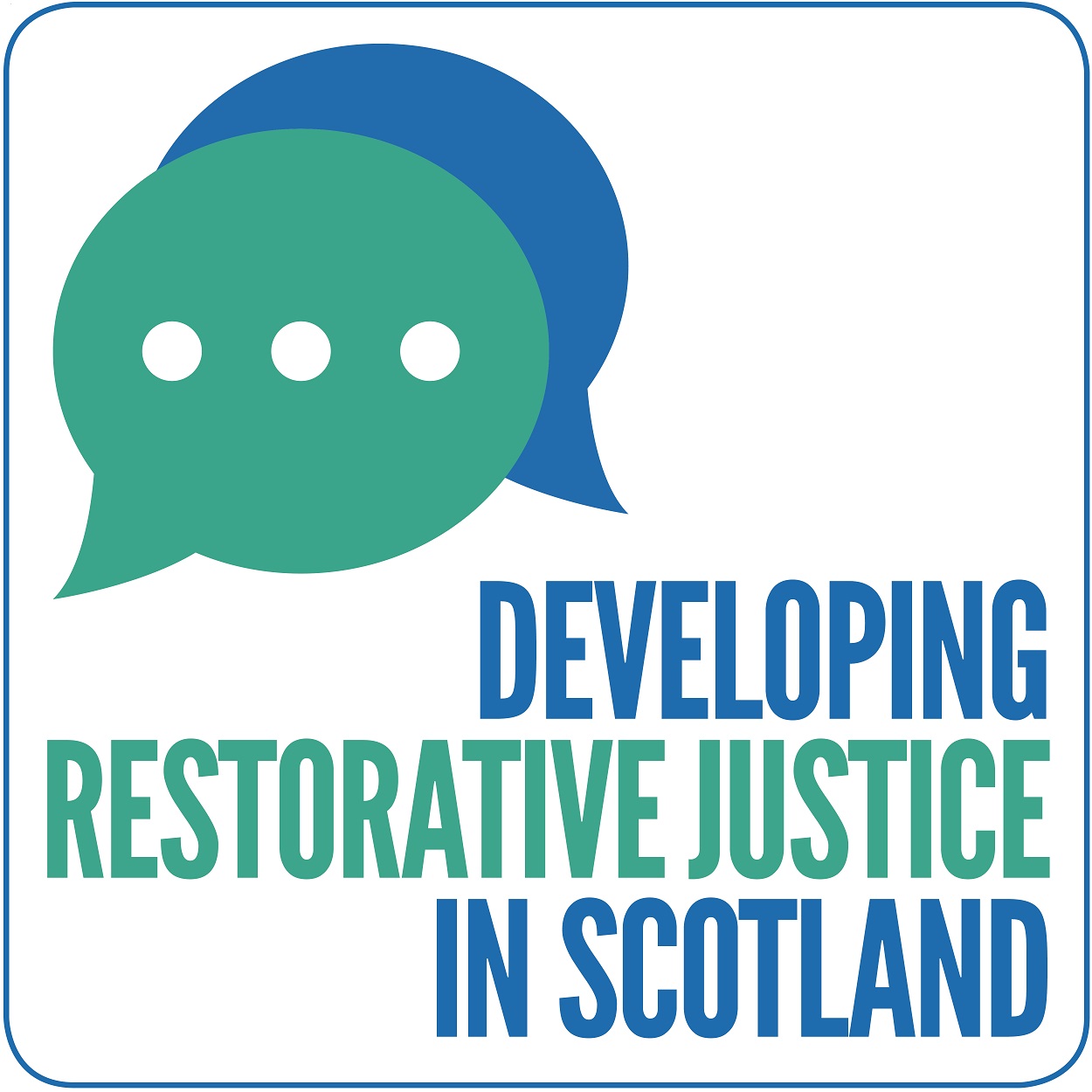Restorative Justice

Restorative justice (RJ) is a process that brings together those harmed by crime and those responsible for the harm to safely discuss the harm and how it might be set right. International research suggests RJ can help victims recover from harm, encourage those involved in crime to desist from offending, and provide a more satisfying experience of the justice process. RJ is used across the world in a variety of ways, but only relatively infrequently in Scotland, and rarely with serious crime committed by adults. Given the evidence for the potential benefits of RJ for both victim and offender, as well as communities, the time has come to bring these insights to bear on the case for developing RJ in Scotland, where and in ways in which it can be most helpful.
This project involved a series of events, facilitated as open, constructive dialogues or conversations, running from February to October 2017. We did not want our events to be one directional talk about RJ but rather that people with range of experiences, views and questions, including the critical and sceptical, would get involved in the conversations.
Our programme included: what research is telling us about RJ and what practice and policy in Scotland may learn from this; RJ and desistance from crime; RJ and recovery from harm; RJ and sensitive crimes. A final full-day conference took place in autumn 2017 in which the learning from the programme of conversations was focused on the future for RJ in Scotland. In addition there was a specific event which examined the broader emotional basis of justice. The aim of this event was to connect and develop the specific focus on RJ with the emotional needs not only of those harmed and those who have harmed others, but also of professionals in the justice process as well as public communication. Explore the links on the right for more details.
Contributors came from a range of disciplines and jurisdictions, including academics, practitioners and those with lived experience of RJ from England, Northern Ireland, New Zealand, the USA and the Netherlands. Events were attended by a range of professionals, including restorative justice practitioners, criminologists, defence solicitors, judges, Procurators Fiscal, social workers, police, prison officers, criminal justice policy makers, victim support and community justice agencies, faith communities, students and, crucuially, people who have been involved in and / or affected by crime. Working in partnership with the multi-agency informal grouping, Restorative Justice Forum (Scotland), our aim was to increase awareness and understanding of RJ, provide an assessment of the potential for and barriers to the development of RJ in Scotland, and produce a platform for advancing the use of RJ in Scotland.